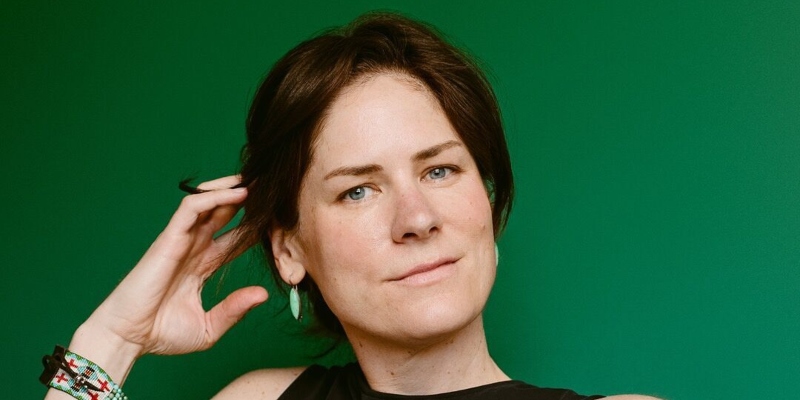
On Kind of Telling the Truth: Why Hannah Pittard Switched to Memoir
In Conversation with Brad Listi on Otherppl
Hannah Pittard is the guest. Her new memoir, We Are Too Many, is out now from Henry Holt.
Subscribe and download the episode, wherever you get your podcasts!
From the episode:
Brad Listi: This circuitous path you take, where you’re kind of writing away and writing around the real story, which is the story from your perspective, and in particular these voices in your head, these remembered conversations—it takes a while to get there. You talk about the emotional truth of the thing not being there as it was in previous works of fiction, and you also, as you say, cannibalized life experiences of your own in previous works of fiction.
And yet for this particular story that didn’t work. There was no emotional truth that you could get to through fiction that you could find. Do you know why? Was it just because this was so big and so painful?
Hannah Pittard: Something I’m always telling my students, especially early writers, there’s this desire to have—and, you know, I love nuance. And it’s like nuance is dead. What I love about my students is that they are young and the world’s not been flattened like Cormac McCarthy’s men, you know, time flattens a man. Life is still teeming. It’s all up or it’s all down, it’s all in or it’s all out. And I love that about them because they’re just filled with this youthful passion that you can’t even appreciate while you have it.
But they’re also kind of infuriating because when they write a villain, the villain is often—at least in an early draft—super one dimensional, like Cruella De Vil. Hates children, kicks dogs, kills puppies. There’s nothing redeeming about the evil person. And what I’m always trying to tell them is nobody is all bad. Or in fiction—and specifically I’m talking about fiction—you have to give everybody something that they love. Every character, even who you think is the most vile, if you want your reader to begin to understand them.
So you’ve got a stepmother, right? She hates her stepdaughter, and she’s wicked to everyone, and she cheats on the father. That’s all great, but have her on Saturday mornings wake up and feed the orphans. Have her have a fetish for picking up turtles from the middle of the road and always daintily moving them off the road. Give us something that shows there is complexity, because everyone is complex.
When I was writing my ex and my friend as fictional characters, somehow I could not imbue them with humanity, and that felt wrong. But I couldn’t do it. I was not able to accurately and adequately make it up. And it just felt gross when I would look at it. And then when I started writing it, I was like, well, this is my version, but this feels true. And I was able, I think, to fill them in.
Brad Listi: Yeah. It’s like truth is stranger than fiction maybe, in this case.
Hannah Pittard : I think so. As a real story, there’s a lot more at stake than if it were fiction and if I’d wanted to market it as a novel. I feel like my publicity team, in order to make it remotely interesting, would have to sort of do a whisper campaign: “It’s a novel, but not really. It’s based on her life.”
I have conversations all the time in my head with everybody, real and imagined, as this book might suggest. And I imagined the campaign that would have to occur to make the fictional version even remotely interesting. And then I was like, well, I guess this one time I can just tell the truth. Kind of.
*
Hannah Pittard is the author of four novels. She is a winner of the Amanda Davis Highwire Fiction Award, a MacDowell Colony fellow, and a graduate of Deerfield Academy, the University of Chicago, and the University of Virginia. She also spent some time at St. John’s College in Annapolis. She is a professor of English at the University of Kentucky and lives in Lexington with her boyfriend and stepdaughter.
Otherppl with Brad Listi
Otherppl with Brad Listi is a weekly podcast featuring in-depth interviews with today’s leading writers. All episodes—hundreds of them—are available for free. Listen via iTunes, Stitcher, iHeart Radio, or right here on Lit Hub. You can also download the Otherppl with Brad Listi app, available for iPhone and Android.



















